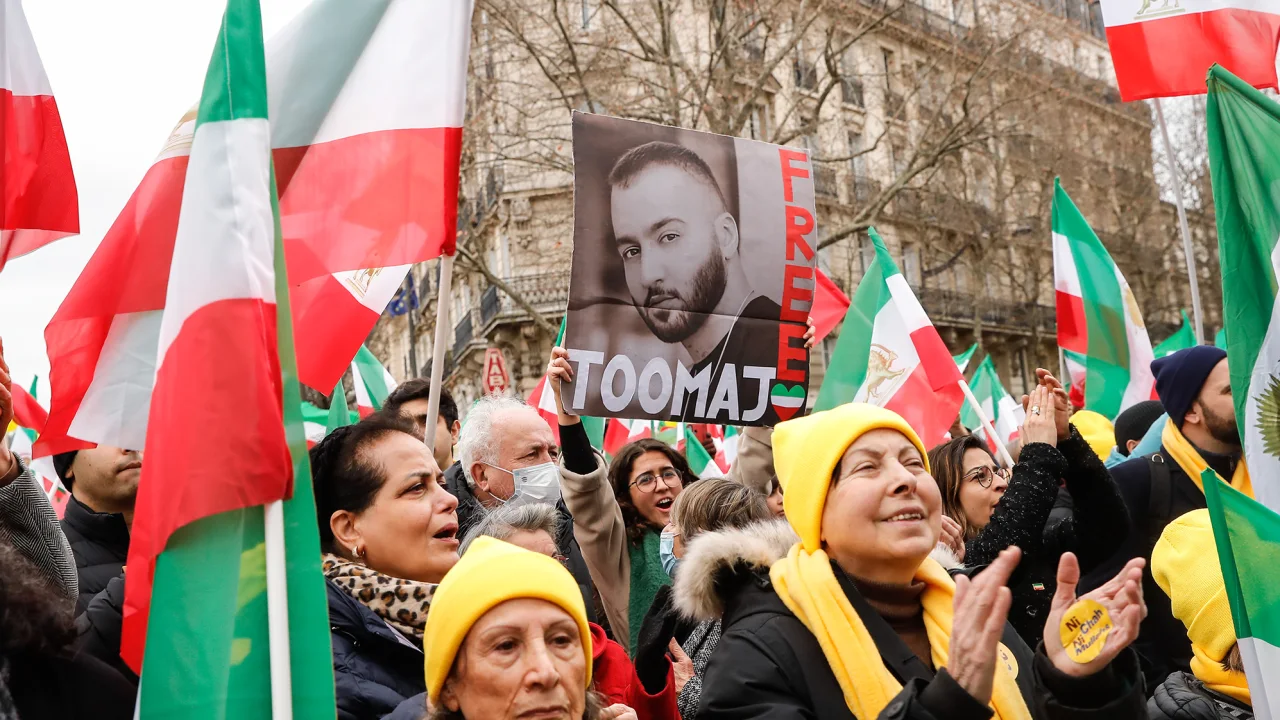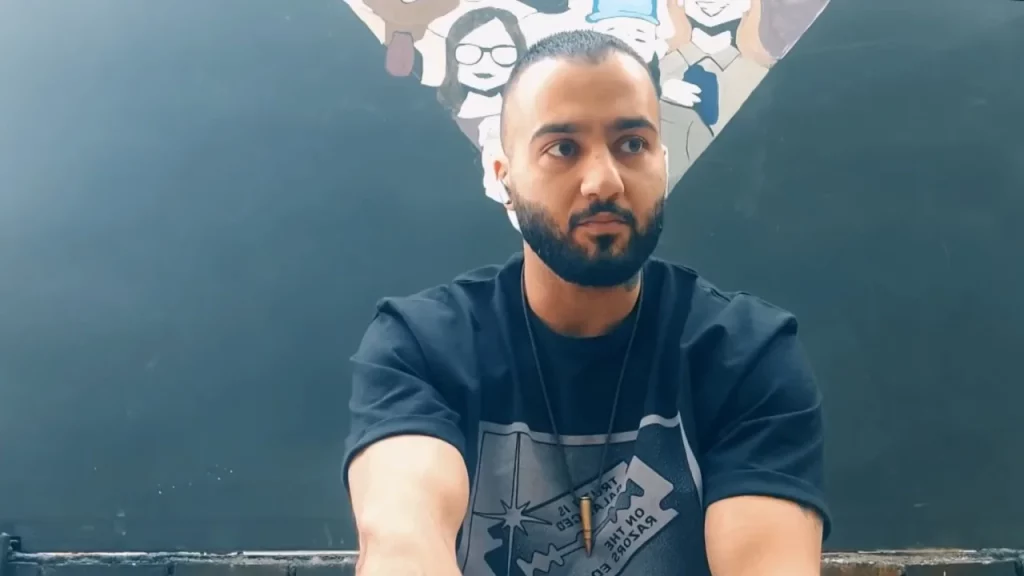Iranian rapper Toomaj Salehi sentenced to six years in prison

According to the tweet, Toomaj Salehi was sentenced to 6 years and 3 months in prison and transferred to the general section of the prison after 252 days in solitary confinement.
According to Iranian state media IRNA, the rapper was previously charged with crimes punishable by death, including propagandizing against the government, cooperating with hostile governments, and forming illegal groups aimed at creating insecurity in the country.
Reza Etemad Ansari, Salehi’s lawyer, told Iranian daily newspaper Shargh on Monday that Salehi had been “acquitted of insulting the Supreme Leader and cooperating with hostile governments.”
Shargh was told the rapper would be suspended and his passport revoked for two years. Additionally, he would be prohibited from any activity involving music and singing.
Iqbal Iqbali, Salehi’s uncle, said Monday that his nephew has been imprisoned for six and a half years “unjustly.” He thanked supporters who have been working to release him. For six and a half years, your Toomaj, Iran’s Toomaj, the world’s Toomaj, as well as our Toomaj, have been unjustly imprisoned. Iqbali said, “May he and all our political prisoners be freed.” “I thank all of you who have taken steps for Toomaj’s release and for the release of all our political prisoners.”

Salehi had expressed support online and in his songs for a wave of nationwide protests that were triggered by the death of Mahsa Amini, a 22-year-old Kurdish Iranian woman who died on September 16 after being detained and taken to a “re-education center.”
Salehi called for nationwide protests against the government in mid-September last year. In an Instagram post, Salehi said, “We do not have different colors of blood.”. “Don’t allow them to divide us in this bloody and sad world.”
Despite Salehi’s Bakhtiari ethnicity, he has long rapped about Iran’s multi-ethnic makeup, encouraging unity among Iranians of all ethnicities.
In his song “Meydoone jang,” translated as “The Battlefield,” Salehi raps, “Stand with us, we’ve stood by you for years.”
We have revolutionary roots, not just rebellious ones. The unity of rivers makes us the sea. Arabs, Assyrians, Armenians, Turkmen, Mazandaris, Sistanis, Baluchis, Talyshes, Tatars, Kurds, Gilakis, Lors, Farsi and Qashqais.
